Our founders
There’s a joke that in any bar in Vancouver, Canada, you can sit down next to someone who claims to have founded Greenpeace. In fact, there was no single founder: name, idea, spirit and tactics can all be said to have separate lineages.
Yet, some people clearly stand out. Here are four of them.
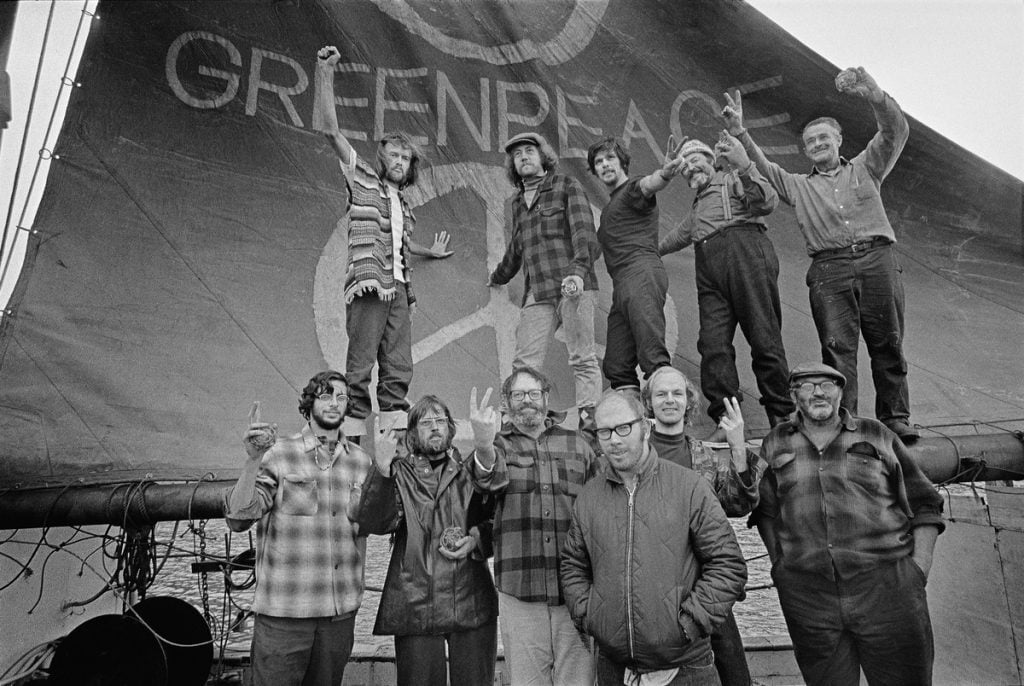
Bob Hunter (1941–2005)
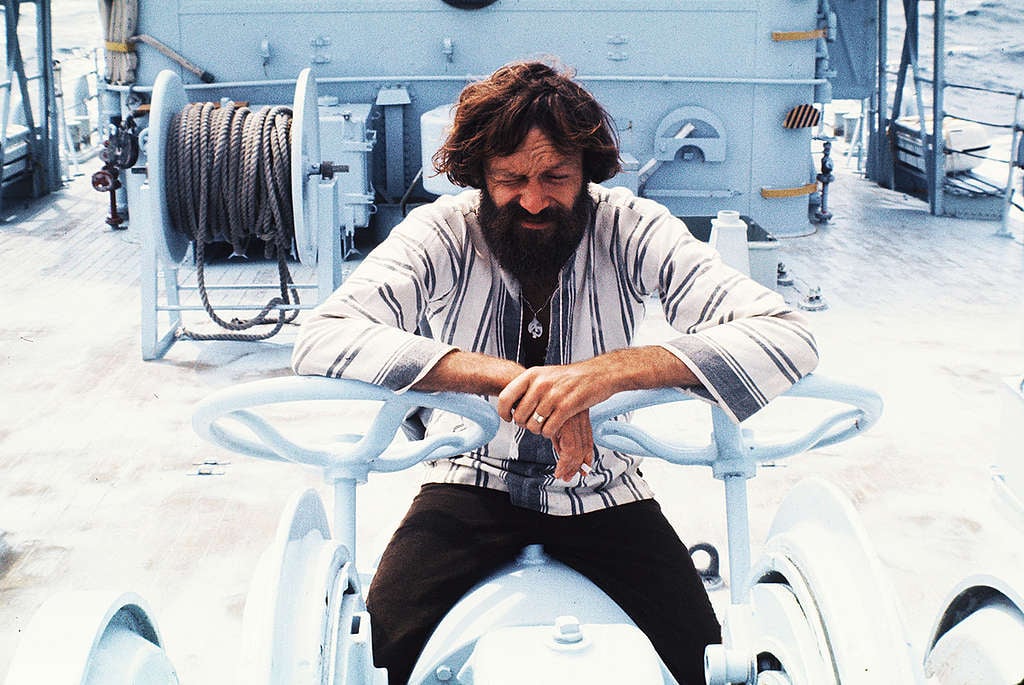
Bob Hunter, a visionary and mystic storyteller, infused Greenpeace with enduring magic. From day one, the long-haired, beardy journalist introduced bold ideas and pushed boundaries, inspired by the Cree Indian myth of the “Warriors of the Rainbow”.
Hunter’s creativity, strategic acumen, and journalistic instincts shaped iconic Greenpeace actions globally. Fascinated by media theory, he pioneered “media mindbombs” – consciousness-changing sounds and images that captured global attention through news coverage. Even after his death from prostate cancer in 2005, Hunter’s spirit of courage and media savvy remains integral to Greenpeace’s mission.
David McTaggart (1932–2001)
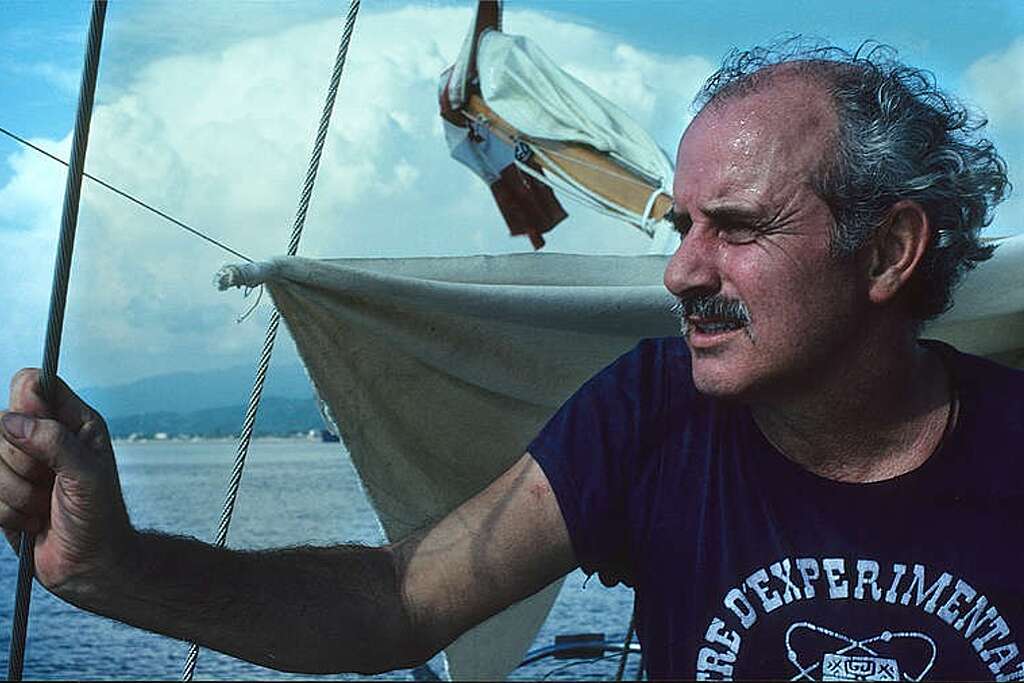
He was pragmatic, driven and famously ruthless – David McTaggart took Greenpeace’s free-spirited founding ethos and translated it into an international organisation. Responding to a newspaper ad placed by a newly-founded group called Greenpeace, the Canadian-born former entrepreneur promptly renamed his sailing boat “Greenpeace III” and set sail to confront a French nuclear weapon test.
His entrepreneurial spirit expanded support in Europe and led to the formation of Greenpeace International in 1979. Under his leadership, Greenpeace grew into a global force with three ships and 50 campaigns by 1985. McTaggart’s legacy still influences Greenpeace’s approach to global environmental challenges. He died in a car accident in Italy on 23 March 2001.
Dorothy (1920–2010) and Irving Stowe (1915–1974)
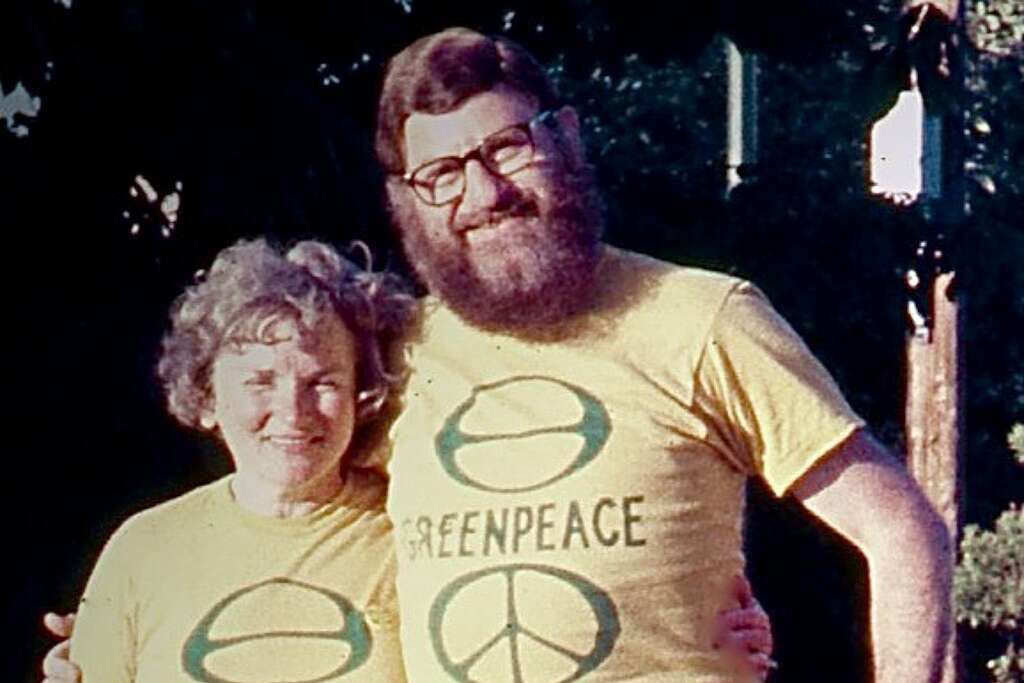
Dorothy and Irving Stowe, committed pacifists and activists, didn’t hesitate to support sailing into a nuclear test zone. Their tolerance and experience united the Don’t Make A Wave Committee, which became Greenpeace.
Hosting meetings at their kitchen table, the Stowes brought key ideas to the group, including “bearing witness” as a form of passive resistance. Inspired by Gandhi, they believed in the power of citizens acting with integrity and courage. This ethos continues to define Greenpeace today. Irving died of pancreatic cancer in 1974 at 59, and Dorothy, after a life of activism, passed away in 2010 at 89.
Learn more about Greenpeace
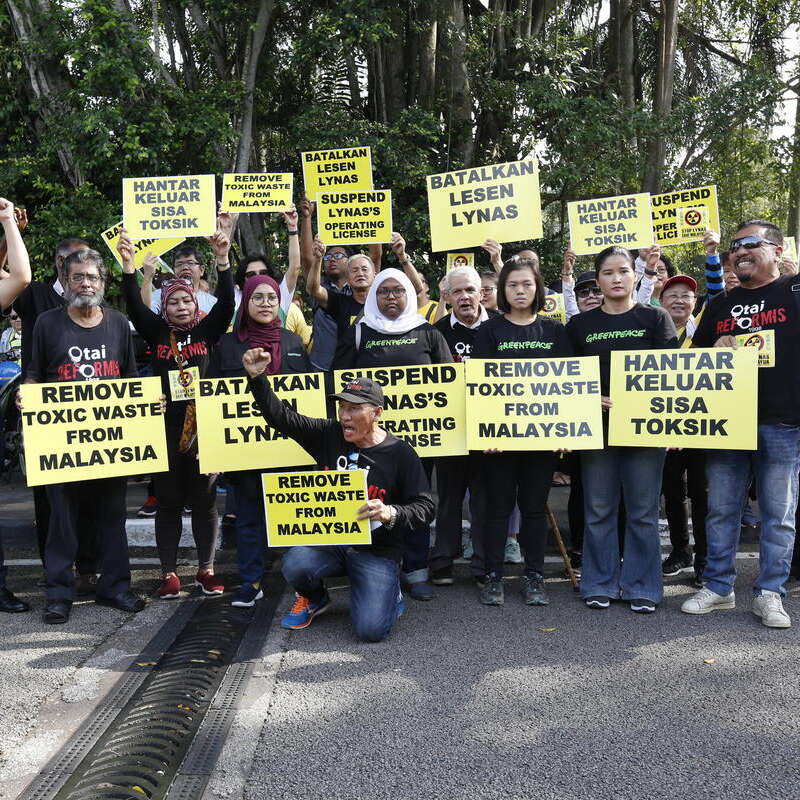
Who we are
Greenpeace exists because this fragile earth deserves a voice. But, do you know what are our mission and vision?
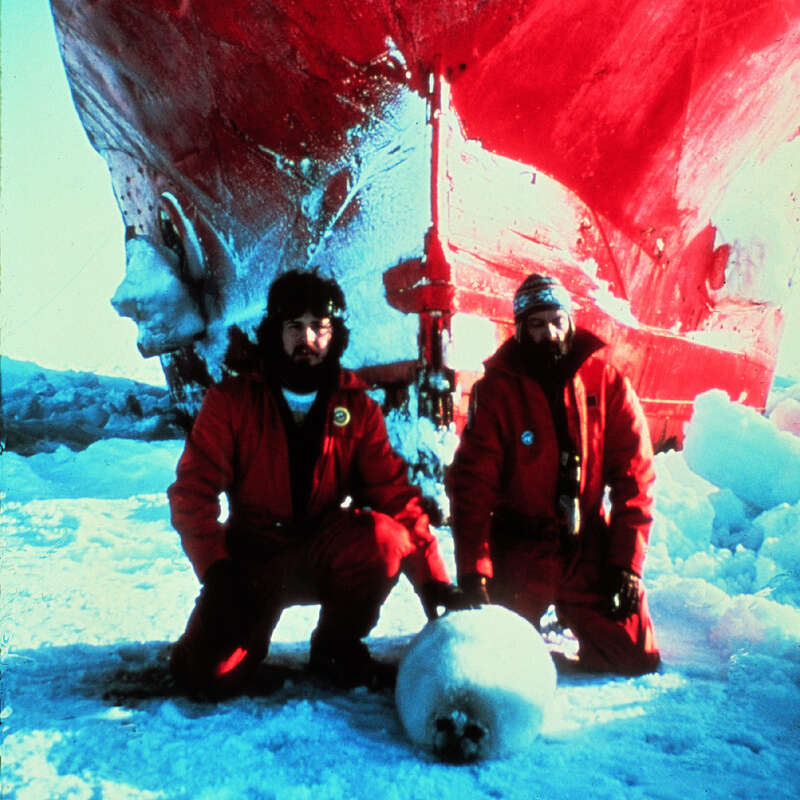
Our history
For over 50 years, we’ve taken action worldwide to speak truth to power and stop environmental destruction.
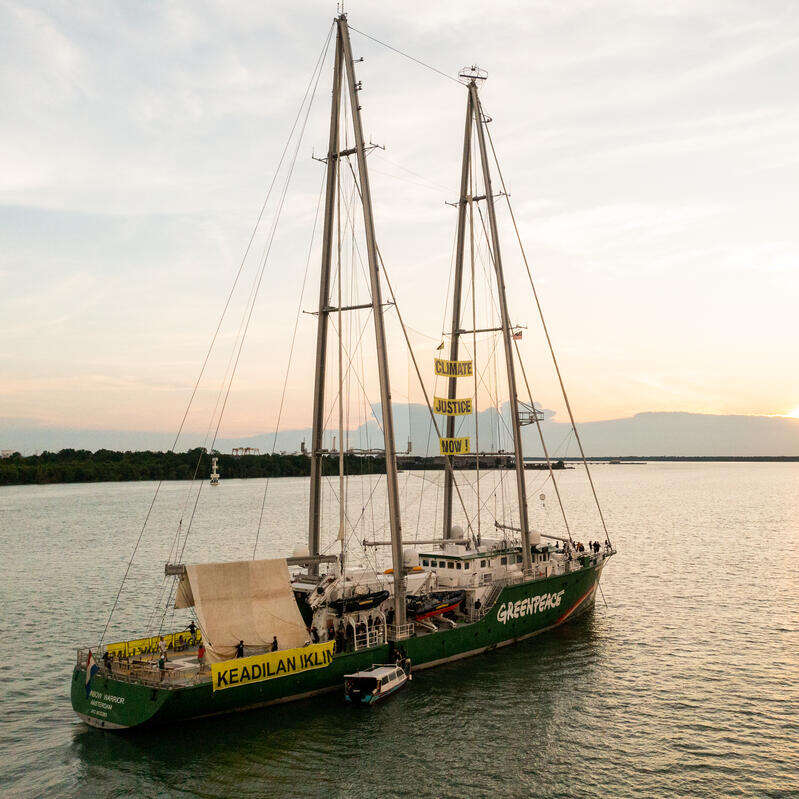
Our ships
Our ships tackle nuclear tests, document ocean plastics, research Arctic climate change, and stop illegal Amazon timber.
Subscribe for updates
Together we are part of a growing, global movement determined to bring about the changes our planet desperately needs.
